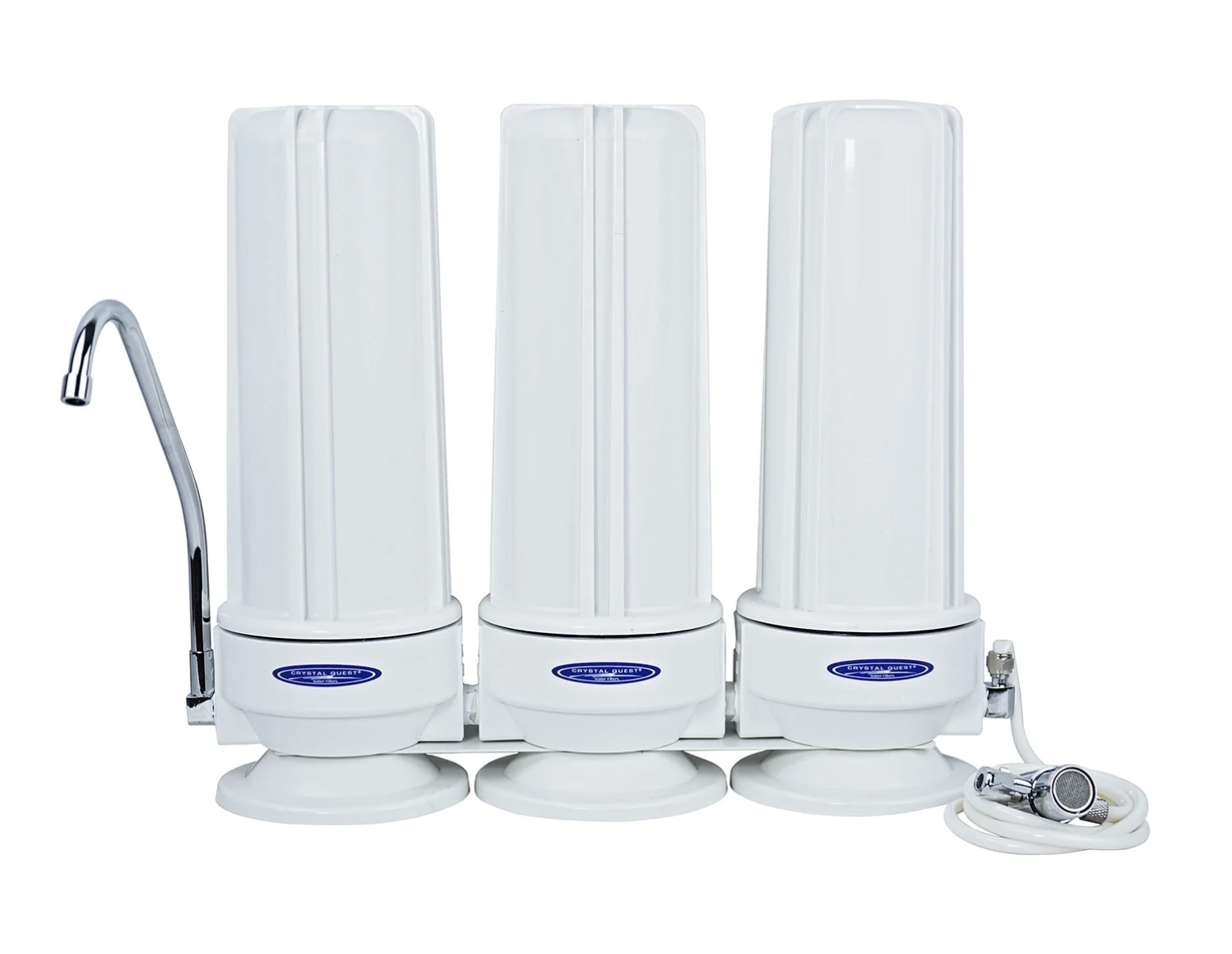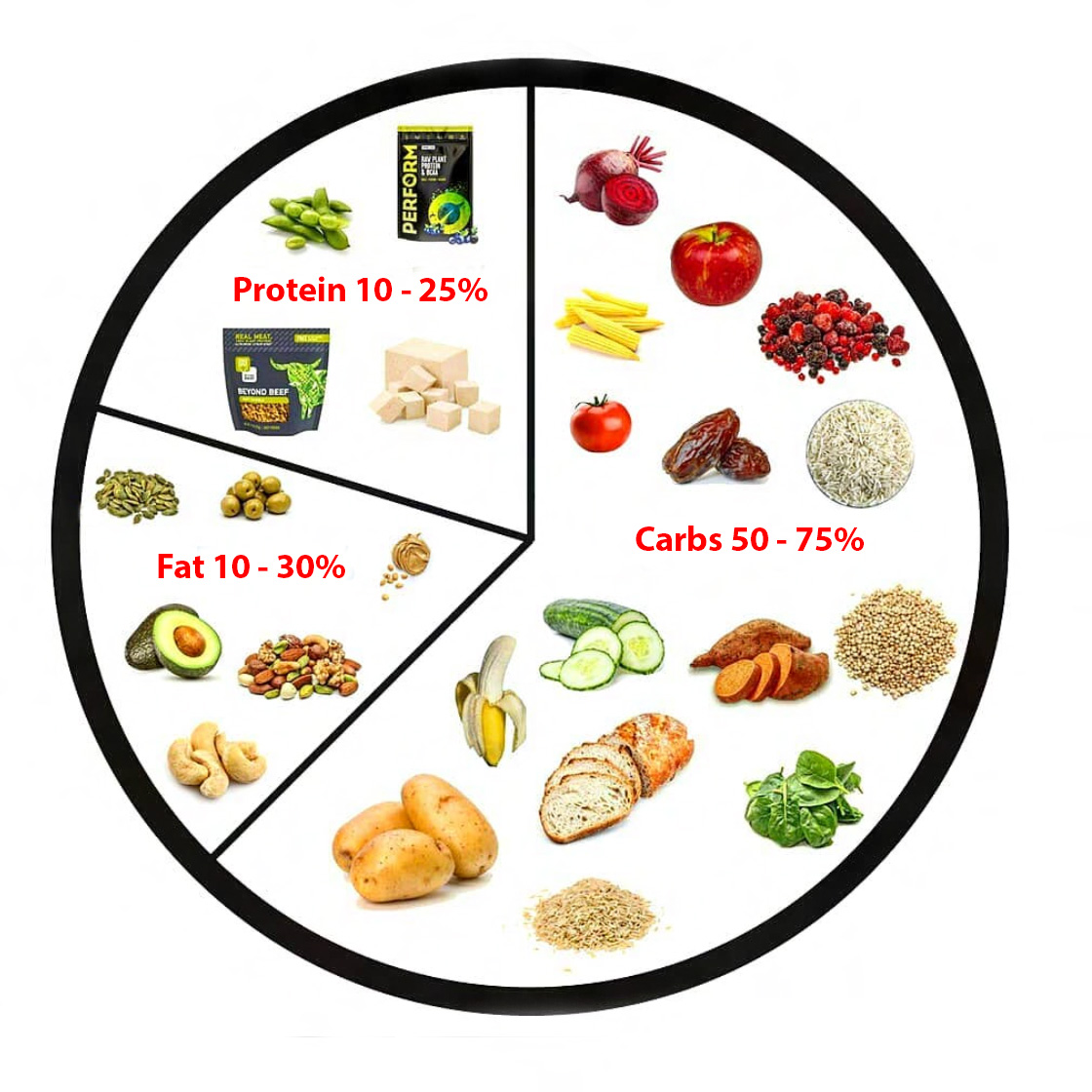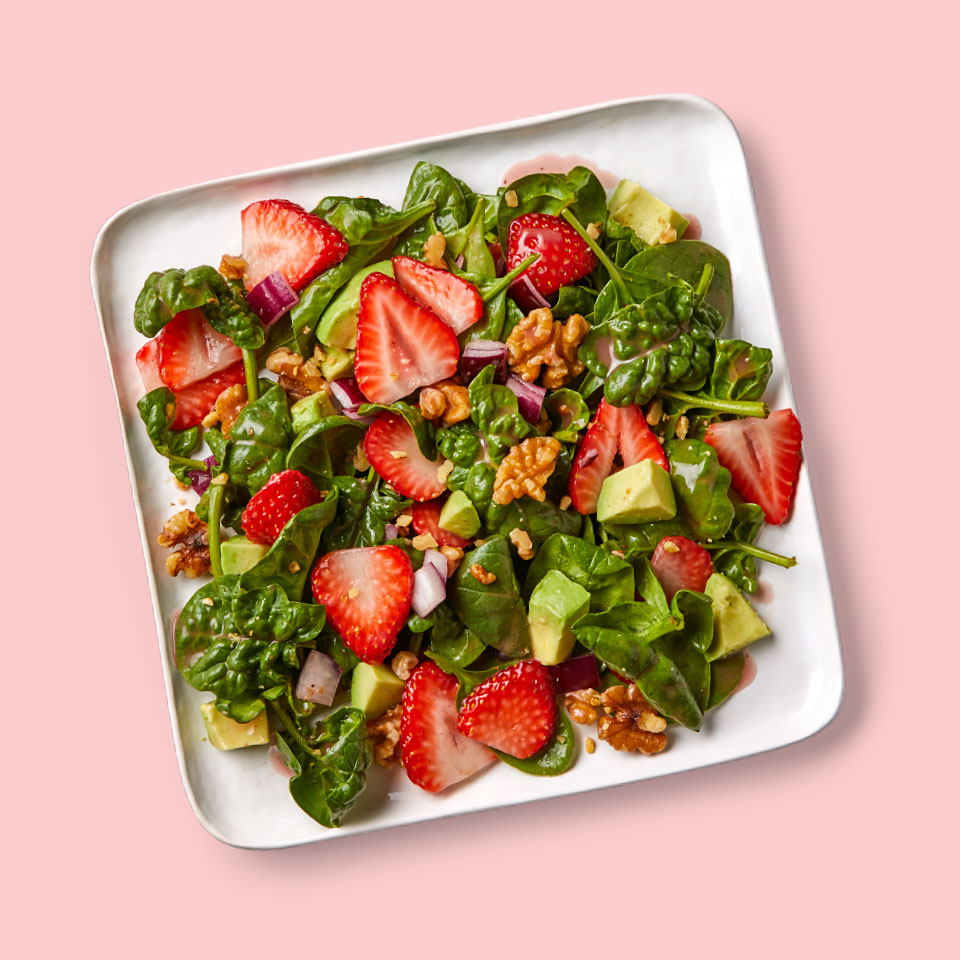Nutrition

Nutrition
Disclaimer: Please note that I am not a registered nutritionist or dietitian. The following information is based on my personal experience as a certified personal trainer, aerobics instructor, and professional dance coach for competitive dance couples, university level dance teams, and professional dance companies. I have also consulted with various nutritionists and doctors to provide basic guidelines and information.
It’s important to keep in mind that everyone’s metabolic system is unique and can change based on their health and fitness levels. Therefore, individuals with health concerns or intense athletic training requirements (remember, dancers are endurance athletes!) should seek advice from a qualified nutritionist or doctor.
In general, I recommend following a lacto-ovo vegetarian diet, as studies suggest that this is a healthy and safe way of eating for most people. However, please note that individual dietary needs may vary and consulting with a qualified nutritionist or doctor can provide more personalized recommendations.

Water
No nutrient is more important than water. Dancers need to drink lots of water to make up for all the water we loose perspiring on the dance floor. It is also important to be knowledgable about what is in the water you are drinking and make sure that it is safe to drink. The average person should drink 1/2 ounce of water per pound of body weight per day. A person involved in a fat loss plan should drink an extra eight oz. of water for every 25 pounds they weigh above their ideal athletic weight. A person living in a hot climate (such as Los Angeles in the summer) also needs to increase their water intake. Finally, when you are working out you should drink 6 ounces of cold water for every 15 minutes of workout.
Be sure the water you are drinking (this includes not only your tap water, but also your “filtered” and “bottled” water) is safe. Invest in water test kits and test whatever water you are drinking yourself. Be sure to test multiples times and include water collected after it rains in your test samples. If you live in Los Angeles, you’ll need to either buy bottled water, a really good filter system that includes arsenic filtration, or a reverse osmosis system.

Macro-Nutrients
A healthy diet should stay within these macro nutrient percentages:
| Carbohydrate | Protein | Fat |
| 50-75% | 10-25% | 10-30% |
A small percentage of the population may feel comfortable eating:
| Carbohydrate | Protein | Fat |
| 40% | 30% | 30% |

Protein
Protein is an crucial nutrient for everyone, but especially dancers who engage in damanding physical activity, as it helps to build and repair muscle tissue. However, it’s important to consume the right amount of protein for your body to avoid potential health risks.
As a general guideline, dancers should aim to consume no more than 2 grams of protein per kilogram of their body weight. For an average person, the recommended daily allowance for protein is about 0.8 grams per kilogram (or 0.36 grams per pound) of body weight. For example, for an average adult who weighs 150 pounds (about 68 kilograms), the standard protein recommended daily allowance would be approximately 54 grams of protein per day. However a dancer with the same weight might need up to 136 grams of protein daily due to their increased physical demands.
It’s important to note that individual protein needs may vary based on factors such as age, sex, physical activity level, muscle mass, and overall health. Consuming excessive amounts of protein can put strain on the kidneys and liver and may lead to dehydration, so it’s important to consult with a registered dietitian or healthcare provider to determine the appropriate protein intake for your body and goals. Additionally, focusing on the quality of protein sources and balancing protein intake with other essential nutrients is crucial for overall health and optimal physical performance.

Fiber
USDA Recommended Daily Ammount of Fiber
| Women | Men | |
| 50 and Younger | 25 Grams | 38 Grams |
| Over 50 | 21 Grams | 30 Grams |

Meal Plans
Are you feeling lost and frustrated with not knowing exactly what you should be eating? Do you need someone to just tell you what to eat to reach your goals while working with your particular dietary restrictions? Eatingwell.com is a great free resource for meal plans for all different types of specific diet preferences and needs. Some of the meal plans have shopping lists. Be sure to pay attention to the serving size for each recipe. Some of the plans also tell you what to add or subtract to each day of the plan to reach your target calorie point for the day.
Here are links to three great plan options:
7 Day Clean- Eating Vegetarian Meal Plan for Weight Loss
7 Day Vegetarian Meal Plan: 1,200 calories, 1,500 calories, or 2,000 calories
7 Day Vegan Meal Plan: 1,200 Calories

Disinfecting Fruits and Vegetables
To promote healthy eating, consider incorporating organic foods into your diet whenever possible. When preparing fruits and vegetables, it’s important to wash them thoroughly to remove any pesticides or insecticides that may be present. To do this, you can soak and swirl your produce for at least 3 minutes in warm salt water before rinsing them in cool, clean, and fresh water. This method can also help eliminate any bugs, viruses, or bacteria that may be present. By taking these simple steps, you can help ensure that your food is clean and safe for consumption.

Pack Snacks
Eating regularly in small proportions and packing snacks for long practices, competitions, or dance camps can help maintain your energy levels and prevent feelings of lightheadedness or dizziness during physical activity. Organic food bars are a good option for portable and convenient snacks, and can be found at stores like Whole Foods or Trader Joe’s.
Here’s a list of snack options that are nutrient-dense and can help you stay energized on the dance floor:
- Nuts and seeds
- String cheese
- Seedless grapes
- Greek yogurt with fruit
- Hard boiled eggs
- Hummus with vegetable sticks
- Apple and peanut butter
- Home made engery balls

Supplements
Supplements can be useful in meeting your daily nutritional needs, but it is important to be cautious when taking them. Instead of spending money on expensive vitamins, it is recommended to focus on consuming organic fruits and vegetables to maintain a balanced diet. However, in some circumstances, such as for vegans who aren’t getting enough foods fortified with B-12 in their diet or individuals with limited sun exposure, taking a vitamin supplement may be necessary.
Before taking any supplements, it is recommended to consult with your general practitioner or a nutritionist and to consider undergoing blood work to determine if you have any nutritional deficiencies. You can also purchase your own blood tests through laboratories such as Labcorp On Demand.
Consuming excessive amounts of certain vitamins and minerals can have adverse effects on your health. Here are some potential concerns associated with excess intake:
- Vitamin A: Excessive intake can be toxic and lead to birth defects and hair loss.
- Thiamin: Large amounts should be avoided with blood or heart conditions.
- Riboflavin: Excess intake may worsen cataracts.
- Niacin: Excess intake can cause liver damage, headaches, and other adverse effects. It should be avoided by pregnant women, those with diabetes, and those with liver or stomach disorders.
- Vitamin B6: Too much can cause nerve issues, and excess intake should be avoided with Parkinson’s disease.
- Folic acid: Excess intake can cause toxicity, insomnia, poor zinc absorption, and vitamin B12 deficiency. Especially avoid excess with epilepsy.
- Vitamin C: Excessive intake can cause kidney stones and have a laxative effect.
- Vitamin D: Excessive intake can cause severe vomiting, headaches, diarrhea, and depression. Children taking supplements are at highest risk. Only take vitamin D supplements under medical supervision.
- Vitamin E: Excess intake can cause hemorrhaging, and large doses should be avoided in those with diabetes or thin blood.
- Vitamin K: High intake can affect blood clotting and cause liver damage. Large doses should only be given under medical supervision.
- Calcium: Very high amounts can cause kidney dysfunction, constipation, and affect the absorption of iron and zinc.
- Iodine: Excess intake can be toxic and cause acne, hormone imbalances, and other adverse effects. Only take iodine supplements with medical advice.
- Iron: Excessive intake can cause constipation, digestive complaints, and even death. Only give children iron supplements with medical advice.
- Magnesium: Very high amounts can be toxic, especially in those with kidney problems.
- Sodium: Excessive intake can affect blood pressure, increase fluid retention, and cause a loss of potassium.
- Zinc: Excessive intake can affect blood cell production.
In summary, while supplements can be helpful in meeting your nutritional needs, it is important to be cautious when taking them. Always consult with your healthcare provider before taking any supplements and consider undergoing blood work to determine if you have any nutritional deficiencies. It is also important to be aware of potential adverse effects associated with excess intake of certain vitamins and minerals.

Learning About Weight Control
Maintaining a healthy weight is important for dancers, as it can impact performance and overall health. There are various tools and resources available to help you achieve your weight goals, and one popular option is the Weight Watchers point system. The Weight Watchers point system assigns a point value to every food and beverage based on factors such as calories, sugar, protein, and saturated fat content. By tracking your points, you can make informed decisions about what to eat and drink to meet your weight goals. The WW allowance calculator, available on their app, can provide a personalized point range based on your individual assessment, goals, gender, and current height and weight.
While Weight Watchers is often associated with weight loss, it can also be used to effectively manage weight gain. By using the points system to create meal plans tailored to your needs, you can ensure you are consuming enough calories and nutrients to support your body and achieve your desired weight.
It’s crucial to acknowledge that weight is a complex and multifaceted issue that is influenced by various factors, such as genetics, metabolism, lifestyle, access to healthy food options, and social and cultural norms. Rather than fixating on achieving a specific weight or body shape, it’s essential to prioritize cultivating a positive relationship with your body and self-image. As a partner dancer, celebrating your body’s unique strengths and abilities is essential, as is nourishing it with healthy foods, staying hydrated, getting enough rest, and incorporating cross-training exercises to strengthen your body and prevent injury.
By embracing your body type, loving yourself, and focusing on overall health and well-being, you can become a successful and skilled dancer with dedication, hard work, and a positive attitude towards your body. Furthermore, as a partner dancer, it’s crucial to create a supportive and inclusive environment where all body types are celebrated and respected. By fostering a culture of body positivity and acceptance, we can create a more welcoming and empowering dance community for everyone. Remember, the goal is not to achieve a particular body type or weight, but to maintain a healthy and happy body that allows you to dance with joy and confidence.
